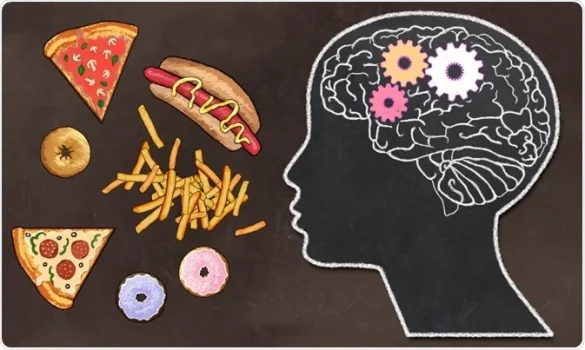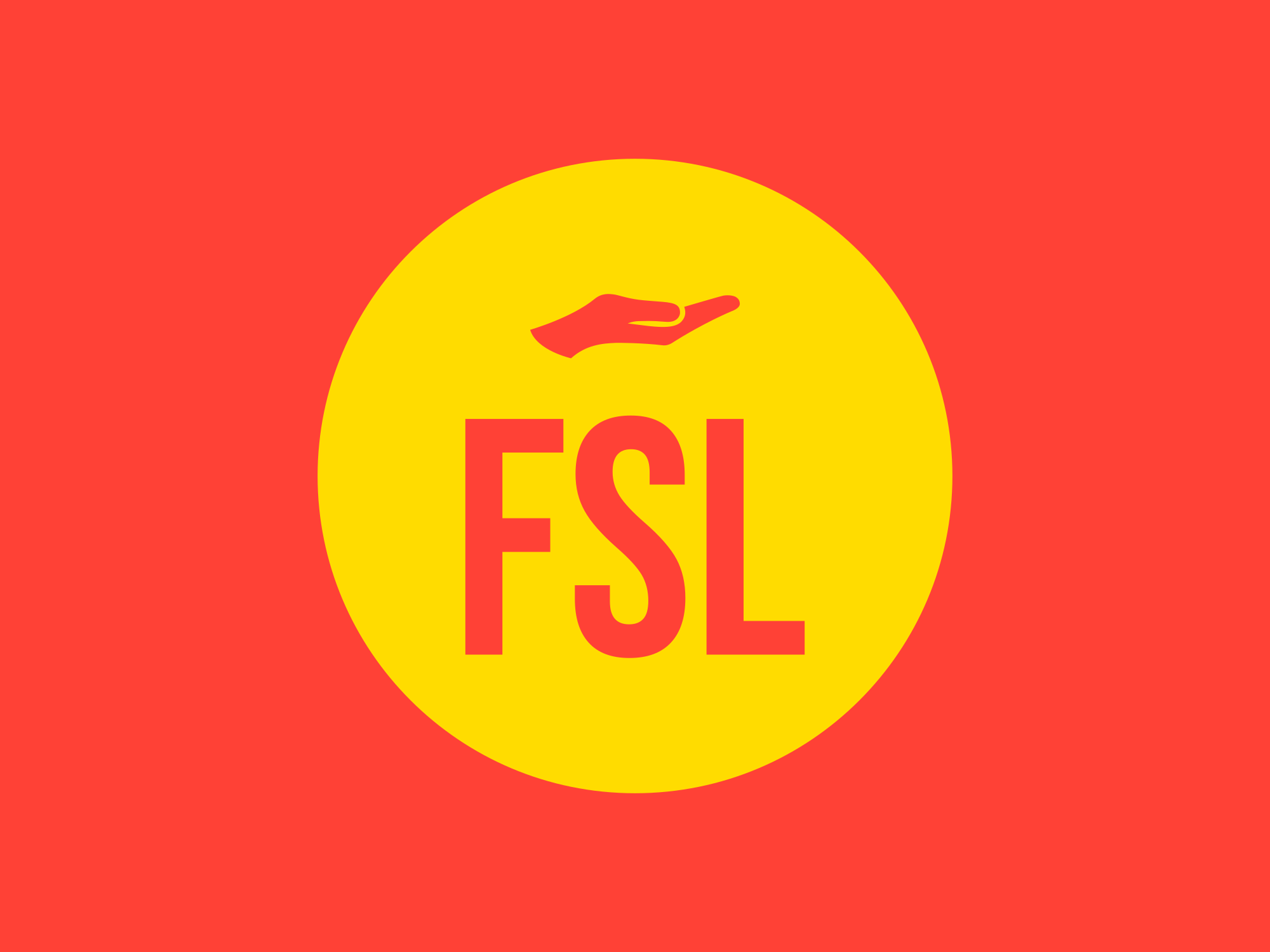Eating disorders, including anorexia nervosa, bulimia, body dysmorphia, binge-eating disorder and exercise compulsion are very common diagnoses that we treat at FSL. If you or a loved one is struggling with an eating disorder, please contact our team to learn more about how we can help.
What are eating disorders?
Eating disorders (ED) are formidable mental and physical illnesses that affect 20 million women and 10 million men in the United States each year. They are characterized by irregular and unhealthy eating habits and thoughts that focus around food intake, body weight, shape and image.
 There is an extensive range of eating disorders that exist including anorexia nervosa, bulimia nervosa, binge-eating disorder, purging disorder, avoidant/restrictive food intake disorder, body dysmorphia, exercise compulsion and emotional eating. All exist on a spectrum. 50% of individuals who struggle with an ED will likely have a comorbid (co-occurring) substance use disorder or alcohol use disorder (at a rate that is five times higher than the general population).
There is an extensive range of eating disorders that exist including anorexia nervosa, bulimia nervosa, binge-eating disorder, purging disorder, avoidant/restrictive food intake disorder, body dysmorphia, exercise compulsion and emotional eating. All exist on a spectrum. 50% of individuals who struggle with an ED will likely have a comorbid (co-occurring) substance use disorder or alcohol use disorder (at a rate that is five times higher than the general population).
The impact of an eating disorder
 Eating disorder behaviors can have significant and far-reaching negative consequences for both the ED sufferer and their loved ones. For adolescents and young adults struggling with the condition, it can strongly interfere with everyday life, personal growth and the opportunity for healthy independence. Eating disorders also have the highest mortality rate of any mental illness. Early identification and treatment are vital.
Eating disorder behaviors can have significant and far-reaching negative consequences for both the ED sufferer and their loved ones. For adolescents and young adults struggling with the condition, it can strongly interfere with everyday life, personal growth and the opportunity for healthy independence. Eating disorders also have the highest mortality rate of any mental illness. Early identification and treatment are vital.
How We Treat Eating Disorders At FSL
We treat eating disorders with a holistic approach that is focused on helping clients build a healthy relationship with food and eliminate harmful behaviors.
AT FSL, OUR INTEGRATED APPROACH TO TREATING INDIVIDUALS DIAGNOSED WITH AN EATING DISORDER INCLUDES:
Nutritional Philosophy: Intuitive Eating
Our goal is to help each client reconnect to their body and learn to trust what the body is communicating. Through intuitive eating, we work to instill more flexibility to help clients gain freedom from preoccupying thoughts around food and weight.
Individual Therapy
Clients meet weekly with a therapist for empirically-supported treatment includes DBT, CBT, exposure and experiential therapy, family therapy and mindfulness therapy.
Personalized Meal Support
For clients who need more individualized support or who are not clinically ready to participate in group meals, we provide personalized 1:1 meal support with licensed eating disorder recovery specialists to help clients who are continuing to repair their relationship with food.
Nutrition Counseling
Dietitians meet with clients on a weekly basis to create individualized meal plans, explore behaviors, provide nutritional education and collaboratively set goals.
Group Supports
Clients receive 14 supported meals and daily support snacks weekly. Dietitians and therapists support with processing and coping skills and use a hunger/fullness scale to help clients better tune into physical body cues. Virtual meal supports are also available as are ‘Food & Mood Groups’ (for processing behaviors and understanding the origins of disordered eating), and Body Image Group (where therapists encourage clients to explore feelings related to their own body image and sense of self).
Cooking, Groceries & Outings
Clients are joined by dietitians at nearby grocery stores to learn the basics of grocery shopping and to learn to understand nutrition labels. They are also encouraged to participate in Cooking Group where they can discuss, appreciate and reduce anxiety around food ingredients and/or new recipes. The FSL also hosts weekly dietitian-led walks to and from neighborhood markets so clients can learn about community integration and seasonal produce.
Transdiagnosic Approach
Our expert team is equipped to address multiple mental health disorders at a time, based on the unique needs of a client. We offer intensive treatment for co-occurring disorders including substance use, anxiety, trauma, psychotic disorders, mood disorders, personality disorders, spectrum disorders and learning disabilities.
How can we help?
Please complete our contact form and we
will be in touch as soon as possible.
Call Us: 02080144752
